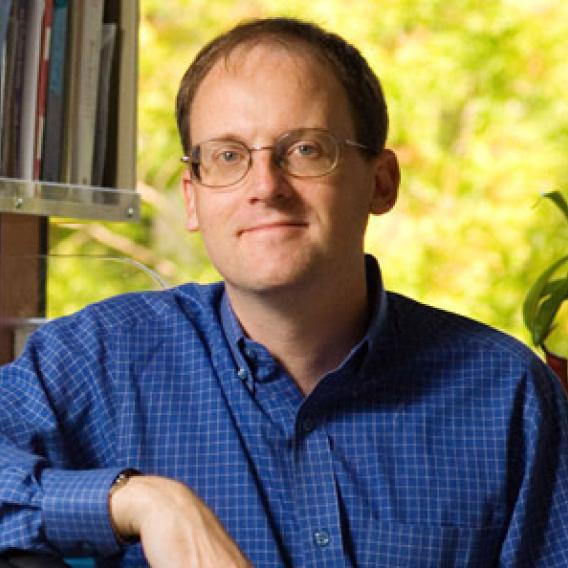Event Details:

Join the speaker for coffee, cookies, and conversation before the talk, starting at 11:45am.
Travel hopefully with the Shaker family of voltage-gated potassium channels
Abstract
The Shaker family of voltage-gated potassium channels is evolutionarily conserved for the function of controlling neuronal excitability. Whereas loss-of-function mutations cause seizures and/or episodic ataxia with limb shaking, gain-of-function mutations are associated with developmental and epileptic encephalopathies. The Leong Memorial Lecture this year will include an introduction to molecular studies of these Kv1 channels and on-going structural studies of endogenous Kv1 channels purified from mouse brains.
Hosted by Sarah Sampaio Izabel (CoPsyN Sleep Lab) & Co-Sponsored by the Stanford School of Medicine Neurobiology Department
Lily Jan
Howard Hughes Medical Institute, UCSF
Lily Jan went to Caltech in 1968 after undergraduate study in physics at National Taiwan University. After two years of graduate study in physics, she switched to biology under the influence of Max Delbrück. Lily began her long-term collaboration with Yuh Nung Jan during their postdoctoral training with Seymour Benzer at Caltech, starting with studies that uncovered potassium channel abnormalities as the basis for the neurological phenotypes of Shaker mutant flies, and then with Steve Kuffler at Harvard Medical School, to demonstrate that peptides can function as neurotransmitters. In 1979, Lily and Yuh Nung Jan joined the faculty of University of California, San Francisco.
Over the past four decades, the Jan lab at UCSF has followed up their positional cloning of Shaker as the founding member of the voltage-gated potassium channel family with expression cloning of a founding member of another large family of potassium channels (the inwardly rectifying potassium channels that control neuronal excitability) and the founding member of a novel calcium-activated chloride channel in the TMEM16 family that includes membrane proteins with the dual function of calcium-activated ion channel and calcium-activated lipid scramblase. In addition, they have also contributed to the study of mechano-sensitive channels. They have continued to elucidate how these ion channels work and how they contribute to neuronal signaling.
In Memory of Jonathan Leong
The Leong Lectures celebrate the memory of Jonathan Leong, who was a student in the Neuroscience Program, and a member of the MSTP. After earning his doctorate for his work characterizing the visual system of Drosophila, Jonathan was pursuing an internship in internal medicine at Brigham and Women’s Hospital, which was to be followed by a residency in radiology at Massachusetts General Hospital. Jonathan remained tirelessly dedicated to his science and his patients even as his health declined. He was an inspirational and devoted physician-scientist. We thank the Leong family and the many friends of Jonathan for sponsoring these special seminars.
About the Wu Tsai Neurosciences Seminar Series
The Wu Tsai Neurosciences Institute seminar series brings together the Stanford neuroscience community to discuss cutting-edge, cross-disciplinary brain research, from biochemistry to behavior and beyond.
Topics include new discoveries in fundamental neurobiology; advances in human and translational neuroscience; insights from computational and theoretical neuroscience; and the development of novel research technologies and neuro-engineering breakthroughs.
Unless otherwise noted, seminars are held Thursdays at 12:00 noon PT.
